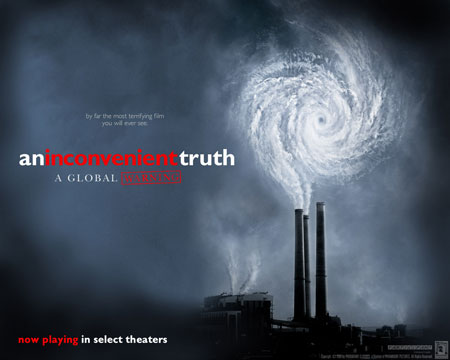My politics are pretty well known to people who read this site, I suspect – I’m basically economically centrist, believing in the the necessary efficiencies of a free market curbed from excesses and derailment by regulation at the extremes. I hold a simultaneous belief that vulnerable individuals should be protected from the occasionally inhuman logic of this system through social security and healthcare. I would also argue that this latter support actually helps the functioning of the larger economy by reducing the causes of crime, and maintaining a healthy and educated workforce.
Alongside my economic centrism, I’m basically socially libertarian – quite possibly as a result of being gay and necessarily slightly on the fringes of mainstream acceptability, particularly in some of the more religious parts of the world. I’m a confirmed atheist of long-standing, a rationalist humanist that sees religion as a blot of superstition upon the world, something that confuses and muddies and disguises truths much more than it reveals them. And having spent time working and thinking about ancient cultures and from there moving into the technology industries, I’ve probably gradually moved towards a technologically determinist position on the world – that while changes in technology and changes in politics and belief influence and effect one another, changes in technology are leading that particular dance. If you’re really interested, you can see my positioning on the political compass (and if you want to generate your own, you can do so here).
I say all this to contextualise what I’m to say next – that there is, however, one thing I’ve never really had that much strength of feeling about and that is green politics. It’s probably a clich√©, but at some level I suppose I’ve never really been significantly convinced that the impact that humankind had on the planet was as dramatic as had been claimed. In addition, I’d never really been convinced that any individual could make any kind of realistic difference to the changes that were happening.
It seemed to me that significant change was only likely to happen at the level of hundreds of years and that many of the environmental movement’s particular missions were sort of indulgently anthropocentic. I mean, I care that species go extinct every day. It does matter to me. It’s a terrible thing that humankind has done to that part of the world, but people fight tooth and nail to protect the Panda because they think they’re cute and adorable, because they want to be able to fool themselves that somehow if a few tiny leaves of a once-massive tree remain trapped in some kind of evolutionary terrarium that they’ve somehow saved the world. It’s nature as spectacle, nature as theme-park, where the guilt and prurient interest of humankind has to be assuaged by futile token acts. That’s never appealed to me, because it seems self-deceiving. To an extent I still feel this way.
But on the plane over from the UK on Monday I watched An Inconvenient Truth and I have to confess, it actually feels to me like it’s had a significant personal impact and that it’s genuinely changed my opinions on a whole range of things.

It’s extraordinarily rare for me now to find myself genuinely persuaded by a documentary but Al Gore’s personal walk through the statistics and effects of global warming was convincing, clear and the obvious product of a serious and intelligent man who had read and thought widely on the subject. I found it genuinely interesting, moving and significant – and only slightly polluted by the interweaving of some of the maudlin personal political history of a man who emerges more effectively in action than in narrative and is revealed as a charismatic, intelligent, rational and passionate individual.
I genuinely believe that if you have access to a cinema (I believe it’s just come out in the UK) that you should go and see this film and – if nothing else – let it be a corrective to the other media that we’ve all consumed around this issue. Don’t let it convince you out of hand, but let it stimulate your desire to find out more and to interrogate your own prejudices about the green movement. And in the meantime, as half of America slowly starts to wake up to the realisation that they’ve had the wrong head of state for the last six years, I find myself – like many others in the technology community and beyond – wondering what the world might have looked like now had Al Gore won in the year 2000.









